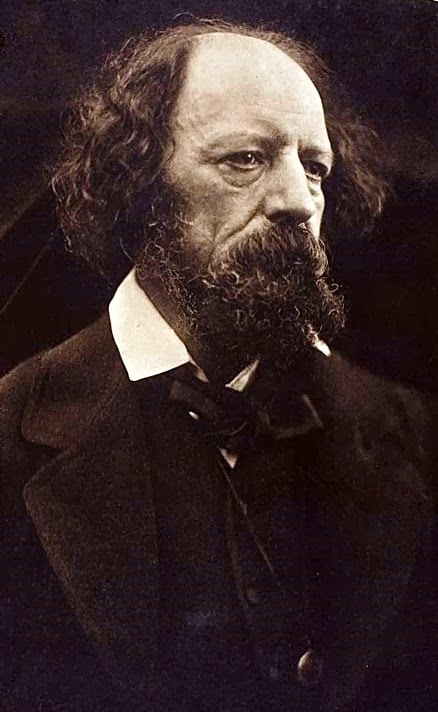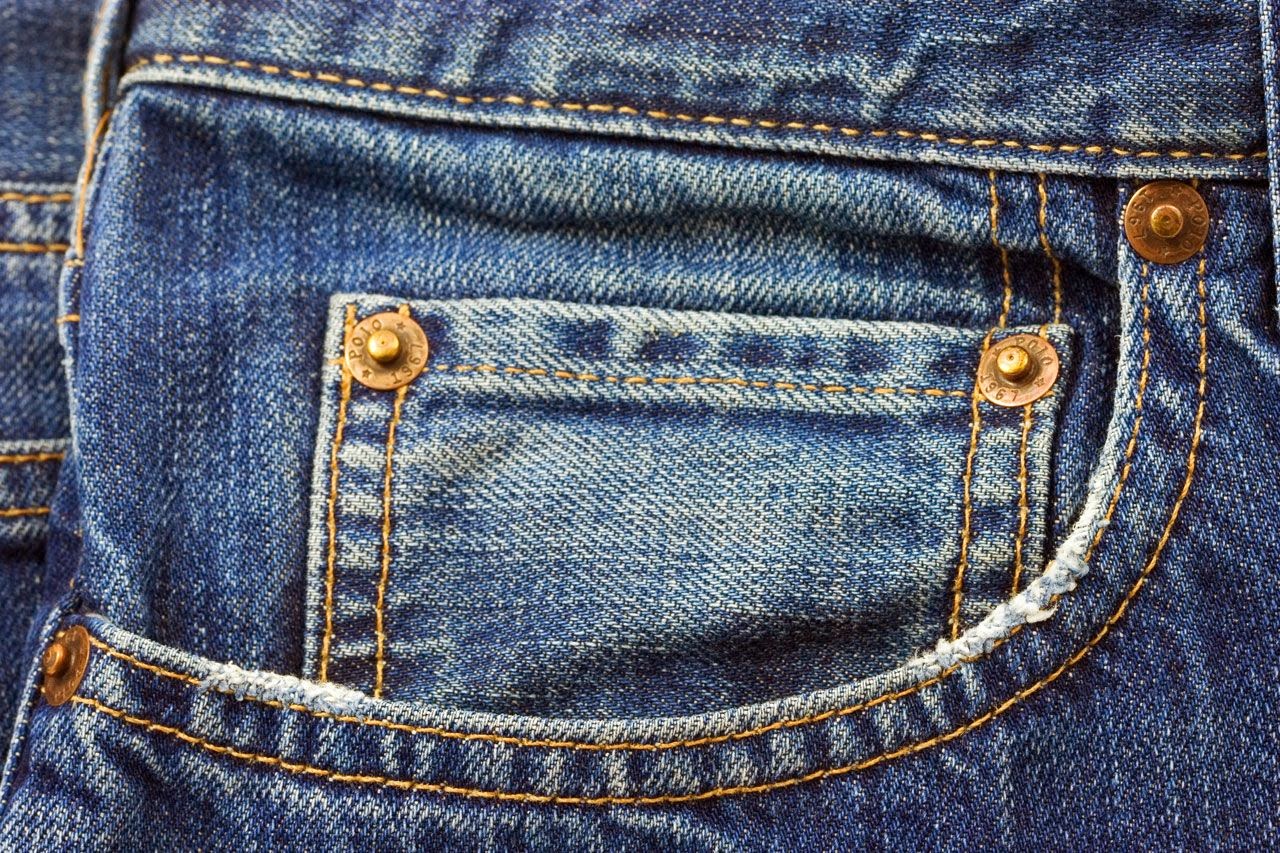The birthday problem/paradox

The birthday problem (or birthday paradox) refers to the probability that, in a group of N people, there is at least one pair of people having the same birthday. Surprisingly, you need just 23 people to have more than 50% chances to find at least a pair! Yes, only 23! Not, as you could think, 183! There are a short and a long versions of this post. The short one ( aka what you have to remember to impress your friends ) is: In a room with 23 people there are more than 50% chances (50.73% to be precise) to have a at least a couple sharing their birthday. With 50 people, the probability is 97.04 % and with 80 people we arrive to 99.99% changes to find such a couple! How is that possible? The rest of the post (the long version) proves the previous numbers. First of all, we have to make some basic assumptions: We have no twins in the room. No one is born on February, 29th! (we do not consider leap years) Every day is as good as all the others. In ...













